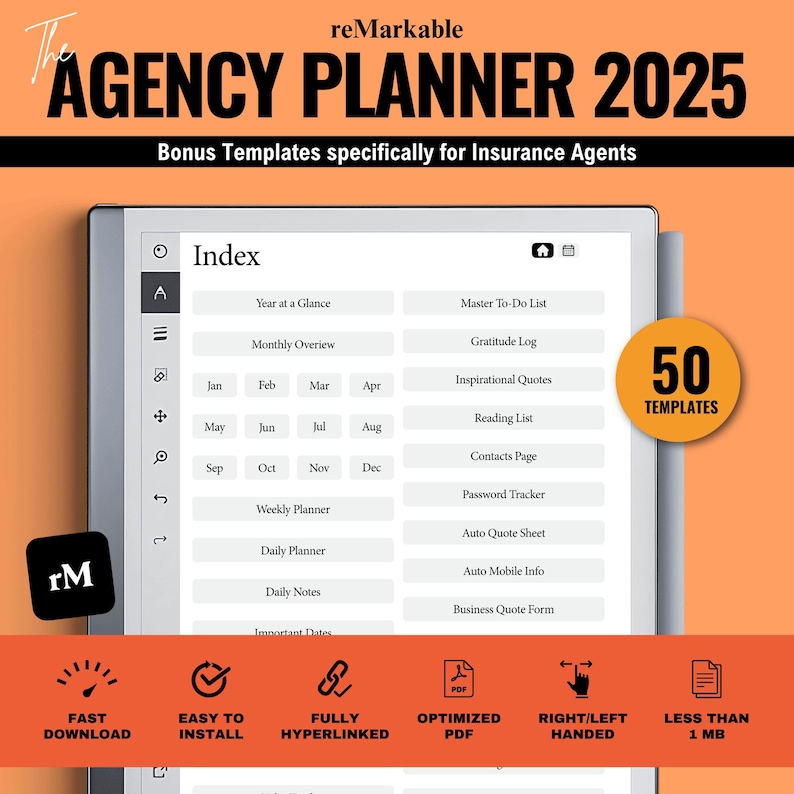In the complex world of freight transportation, the relationship between brokers and carriers is pivotal to ensuring goods move efficiently and safely from point A to point B. However, behind every successful shipment lies a critical layer of protection often overlooked—broker-carrier insurance. This specialized insurance not only safeguards the financial interests of both parties but also plays a vital role in maintaining trust, accountability, and regulatory compliance within the supply chain. In this article, we delve into the crucial role of broker-carrier insurance, exploring why it’s more than just a formality and how it underpins the stability and reliability of freight operations across the industry.
Table of Contents
- The Importance of Broker-Carrier Insurance in Risk Mitigation
- Understanding Coverage Types and Policy Requirements
- Key Legal and Financial Implications for Brokers and Carriers
- Best Practices for Selecting and Maintaining Adequate Insurance Coverage
- Wrapping Up
The Importance of Broker-Carrier Insurance in Risk Mitigation
In the logistics and transportation industry, unforeseen challenges can arise at any moment, exposing businesses to significant financial and operational setbacks. Broker-carrier insurance serves as a critical barrier against these risks, ensuring that both brokers and carriers are protected from liabilities that could otherwise cripple their operations. By having this specialized coverage, parties gain confidence in their partnerships, knowing that claims related to cargo damage, loss, or third-party injuries are managed efficiently without devastating out-of-pocket expenses.
Key benefits of broker-carrier insurance in risk mitigation include:
- Financial Security: Shields brokers and carriers from costly lawsuits and claims, preserving capital for business growth.
- Legal Compliance: Meets industry regulations, avoiding fines and contract breaches that can lead to loss of business.
- Operational Continuity: Minimizes downtime caused by incidents, maintaining trust with clients and partners.
- Enhanced Credibility: Demonstrates professionalism and responsibility, attracting higher-quality contracts and partnerships.
Understanding Coverage Types and Policy Requirements
When navigating the complexities of broker-carrier relationships, a clear grasp of the various insurance coverage types is essential. Among the most critical are general liability, motor truck cargo, and contingent cargo insurance. Each serves a distinct purpose: general liability protects against third-party bodily injuries or property damages, motor truck cargo safeguards the goods in transit, and contingent cargo insurance provides backup coverage when the primary insurance fails. Understanding these types not only helps brokers ensure they adhere to industry standards but also protects carriers from unforeseen financial burdens.
Policy requirements can vary significantly depending on the nature of the freight and contractual obligations. Brokers are often required to verify that carriers maintain specific minimum coverage limits, which might include:
- Bodily Injury and Property Damage: Meeting state and federal mandated minimums
- Cargo Coverage: Adequate limits to cover the full value of goods being transported
- Workers’ Compensation: Compliance with labor regulations for carrier employees
Ensuring these requirements are met is not just regulatory compliance—it is crucial to risk mitigation and maintaining trust between brokers and carriers. Failure to align coverage can lead to costly disputes, delayed payments, and even contract termination, underscoring the need for comprehensive insurance understanding in this ecosystem.
Key Legal and Financial Implications for Brokers and Carriers
Understanding the legal and financial stakes for both brokers and carriers is indispensable when navigating the insurance landscape. Brokers serve as intermediaries who must ensure that all parties involved comply with federal and state regulations, particularly concerning liability coverage and indemnification clauses. Failure to maintain proper insurance can expose brokers to lawsuits and hefty fines, not to mention the loss of professional credibility. Meanwhile, carriers, as the operational backbone, have to prove their insurance validity to protect against claims arising from accidents, cargo loss, or damage, which could otherwise jeopardize contractual agreements and financial stability.
Beyond legal compliance, the financial implications demand equal vigilance. Brokers often carry contingent cargo liability insurance, shielding themselves if a carrier’s policy falls short. Carriers are required to hold both general liability and motor truck cargo insurance to mitigate risks associated with freight transportation. Important considerations include:
- Verification of insurance certificates: Brokers must rigorously authenticate that carriers maintain valid and sufficient coverage.
- Risk allocation: Clear contractual language must delineate who is financially responsible in case of loss or damage.
- Claims management: Both parties should establish streamlined processes to address losses efficiently and safeguard cash flow.
Ignoring these critical elements can lead to devastating financial exposure and legal entanglements, underscoring the indispensable nature of thorough insurance oversight within the broker-carrier dynamic.
Best Practices for Selecting and Maintaining Adequate Insurance Coverage
Navigating the complexities of insurance requires a strategic approach that balances comprehensive protection with cost efficiency. Start by thoroughly assessing the unique risks inherent to your brokerage and carrier operations. Engage in detailed conversations with insurance professionals to tailor coverage specifically to those risks rather than opting for a generic policy. Key factors to consider include:
- Liability limits aligned with industry standards and contract requirements
- Inclusion of both primary and secondary coverage options
- Clarity about deductibles and out-of-pocket expenses
- Policy exclusions that could expose gaps in protection
Maintaining your insurance coverage demands ongoing vigilance. Regularly review and update your policies in response to business growth, evolving regulatory landscapes, and market conditions. Establish a routine schedule—ideally semi-annual checks—to ensure that coverage remains current and adequate. Additionally, foster strong relationships with insurance providers to benefit from proactive risk management advice and timely claims support. By combining strategic selection with meticulous oversight, you can safeguard operations and protect your organization’s financial integrity against unforeseen liabilities.
Wrapping Up
In today’s complex transportation landscape, understanding the vital role of broker-carrier insurance is more important than ever. This coverage not only protects financial interests but also fosters trust and accountability between brokers and carriers. For anyone involved in freight logistics, ensuring proper insurance safeguards is a key step toward mitigating risk and maintaining smooth operations. As the industry continues to evolve, staying informed about insurance requirements remains essential for building resilient and reliable partnerships. Don’t overlook this critical piece of the puzzle—your business depends on it.






